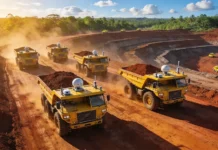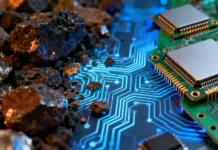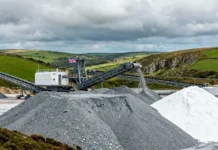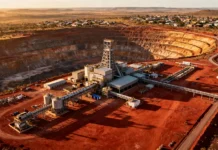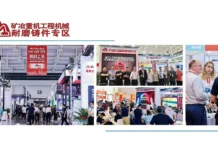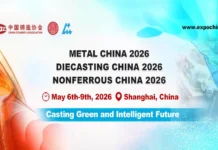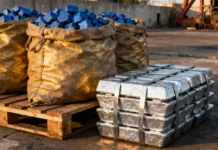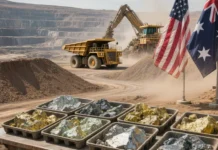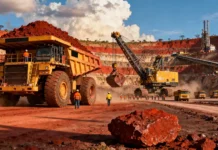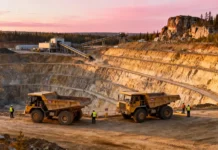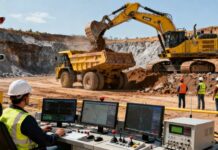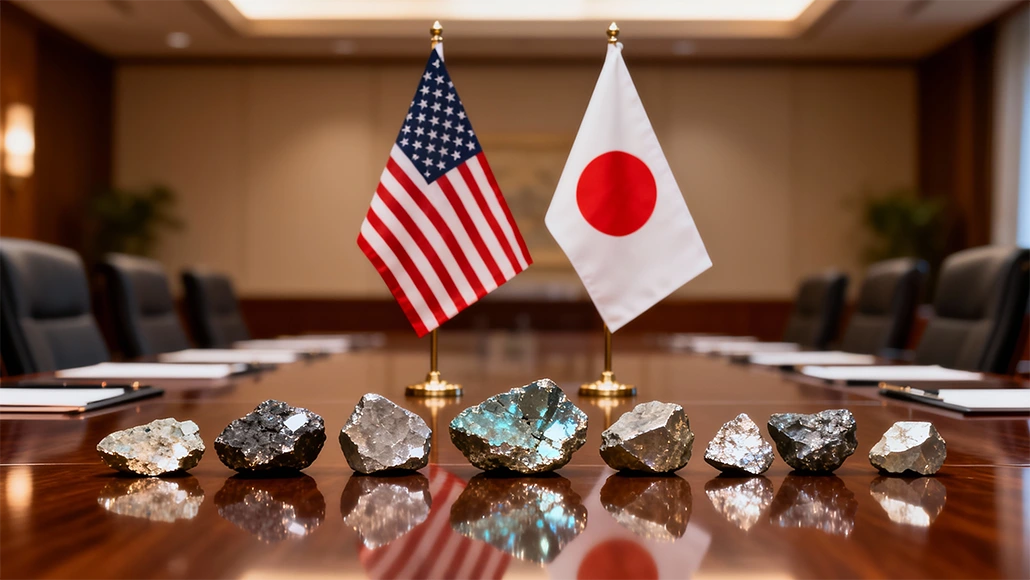The United States and Japan signed a rare earths deal. This happens to be a framework agreement inked on October 28 in order to support mining and processing of critical minerals as well as rare earths, as both the nations look forward to countering the dominant Chinese market share for minerals that are crucial for the automotive, defence, electronics, and energy sectors.
Notably, visiting U.S. President Donald Trump went on to ink the rare earths deal with Sanae Takaichi, the newly elected Prime Minister of Japan, praising the U.S.-Japanese alliance that has remained robust with time. The White House remarked that the deals, along with the trade deal from the first half of 2025, happen to be paving the way towards a New Golden Age of the ever-growing U.S.-Japan Alliance.
In the context of the minerals deal, the U.S. and Japan both went ahead and agreed to boost cooperation so as to secure the supply of critical minerals along with rare earths, which are essential to support domestic industries, through using policy tools like trade measures where appropriate, financial support mechanisms, and critical mineral stockpiling systems from the United States and Japan. They also look forward to mobilizing government along with private investment in order to support investment within mining and processing and also look to jointly identify projects of interest so as to address the gaps within supply chains for critical minerals and rare earths, which includes the likes of derivative products like permanent magnets, catalysts, and batteries, as well as optical materials.
Apparently, the U.S. deal with Japan goes on to follow a similar $3bn Australia deal that took place recently, which could very well open up access to resources amounting to $53 billion or even more.
It is well to be noted that the U.S. is looking forward to countering the dominance of China in critical minerals and rare earths, which, by the way, Beijing has used as a main tool in the U.S.-China trade war many times in 2025 alone.
President Trump has already met with Chinese leader Xi Jinping in South Korea’s Busan recently, with positive signs coming from both sides.
In spite of the major agreements along with government support in the West so as to build domestic supply chains, China has also raised its market share when it comes to critical minerals in the past few years, warned the International Energy Agency – IEA earlier in 2025 within its annual report.
It is worth noting that China dominates refining for 19 out of 20 minerals the agency has evaluated, holding an average market share of almost 70%.


